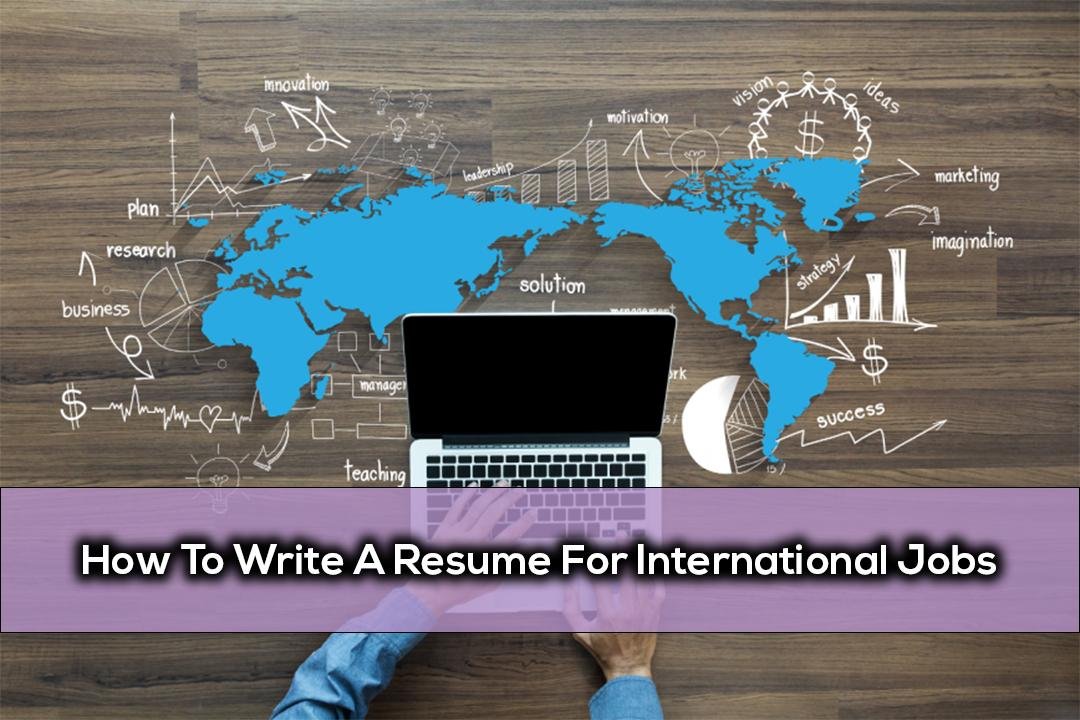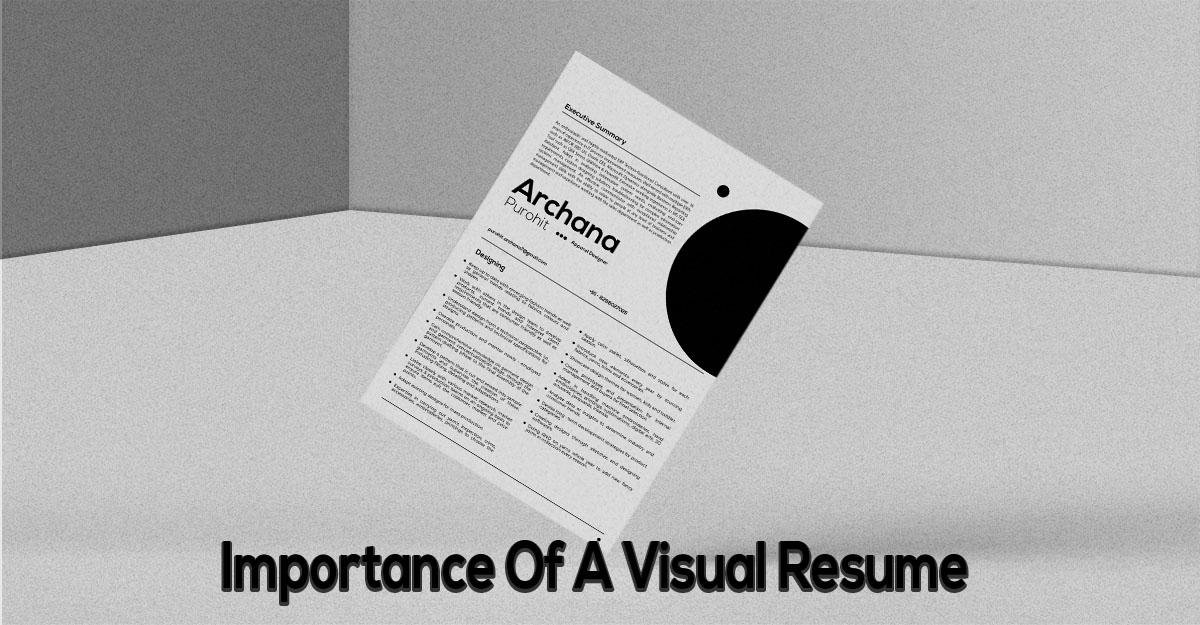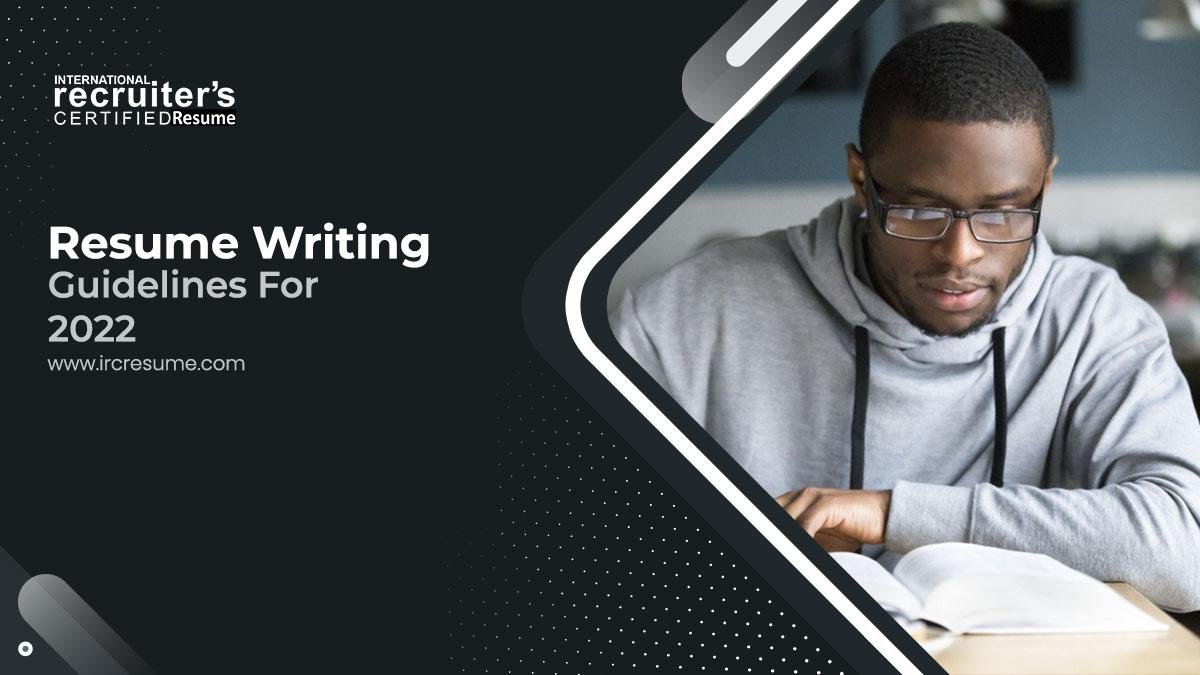Crafting a Resume for a Creative Writing Role: Tips for Aspiring Writers

In the competitive world of creative writing, standing out from the crowd can be challenging. Whether you're applying for a position as a content writer, copywriter, novelist, or any other creative writing role, your resume must not only highlight your skills and experience but also showcase your unique voice and creativity. Here are essential tips for crafting a resume that will capture the attention of hiring managers and set you apart from other candidates.
Understanding the Basics
Before diving into the specifics of a creative writing resume, it's crucial to understand the foundational elements of any resume. These include your contact information, a professional summary, work experience, education, and skills. However, for a creative writing role, each section should be tailored to reflect your creative abilities and writing expertise.
1. Craft a Compelling Professional Summary
Your professional summary is the first thing a hiring manager will read, so it needs to be compelling and reflective of your writing style. Use this section to introduce yourself and provide a snapshot of your writing career. Highlight your unique voice, your most impressive achievements, and what makes you a standout writer.
Example:
"A passionate and versatile writer with over five years of experience in crafting compelling narratives and engaging content. Known for a unique voice and ability to adapt to various writing styles, I have contributed to numerous successful campaigns and publications. Seeking to leverage my creativity and storytelling skills in a dynamic creative writing role."
2. Highlight Relevant Work Experience
When listing your work experience, focus on positions that are most relevant to the writing role you are applying for. Use bullet points to detail your responsibilities and achievements, emphasizing your writing accomplishments and the impact of your work. Be sure to include any freelance work, as this demonstrates your ability to manage multiple projects and meet deadlines.
Example:
Content Writer, XYZ Media Group
- Crafted engaging articles and blog posts for various online platforms, resulting in a 20% increase in reader engagement.
- Collaborated with the marketing team to develop compelling copy for social media campaigns, boosting follower growth by 15%.
- Edited and proofread content to ensure clarity, accuracy, and consistency.
Freelance Writer
- Wrote articles and stories for a variety of clients, maintaining high standards of creativity and originality.
- Managed multiple projects simultaneously, meeting all deadlines and client expectations.
- Developed a personal blog with a following of over 5,000 readers, showcasing a range of writing styles and topics.
3. Showcase Your Education
While your degree may not be in creative writing, any educational background that supports your writing skills is valuable. Include relevant coursework, projects, and any additional training or certifications that demonstrate your commitment to the craft.
Example:
Bachelor of Arts in English, University of Anytown
- Relevant Coursework: Creative Writing, Literature Analysis, Copywriting, Journalism
- Projects: Senior thesis on narrative techniques in modern fiction; published in the university's literary journal
4. Emphasize Writing Skills and Competencies
Your skills section should highlight the specific writing-related abilities that make you a strong candidate for the role. Include both hard skills, such as SEO writing and technical writing, and soft skills, like creativity and time management.
Example:
- Creative Writing
- Copywriting
- SEO Writing
- Editing and Proofreading
- Content Strategy
- Storytelling
- Time Management
- Research
5. Include a Portfolio of Your Work
A portfolio is essential for any writer. If possible, include a link to your online portfolio or attach writing samples to your resume. This allows hiring managers to see firsthand the quality and style of your work.
Example:
Portfolio: YourPortfolioLink.com
6. Tailor Your Resume for Each Job Application
No two writing roles are the same, so it's important to tailor your resume for each application. Carefully read the job description and adjust your resume to highlight the skills and experiences most relevant to that specific role. This extra effort shows your dedication and understanding of the job requirements.
7. Use a Creative Yet Professional Design
While content is king, the design of your resume should also reflect your creativity. Opt for a clean, professional layout with subtle design elements that enhance the readability and overall presentation of your resume. Avoid overly flashy designs that might distract from the content.
8. Proofread Meticulously
As a writer, your resume must be free from grammatical errors and typos. Proofread your resume multiple times and consider having a trusted friend or colleague review it as well. A polished resume demonstrates your attention to detail and commitment to quality.
9. Leverage Recommendations and Endorsements
Including recommendations or endorsements from previous employers, clients, or colleagues can add significant value to your resume. These testimonials provide third-party validation of your skills and achievements.
Example:
"Jane is an exceptionally talented writer whose creativity and dedication have greatly contributed to our projects. Her ability to produce high-quality content under tight deadlines is truly impressive." - John Smith, Editor at XYZ Media Group
Conclusion
Crafting the perfect resume for a creative writing role can be a daunting task, but you don't have to do it alone. At IRC Resume, we specialize in creating resumes that not only showcase your skills and experience but also capture your unique voice as a writer. Let us help you elevate your application and stand out in the competitive job market. Contact us today to get started on your journey to landing your dream writing job.









